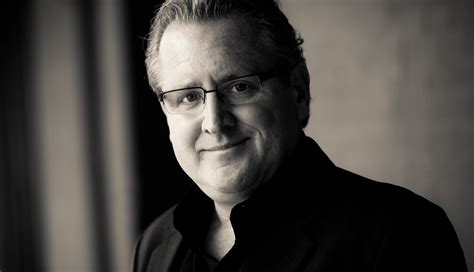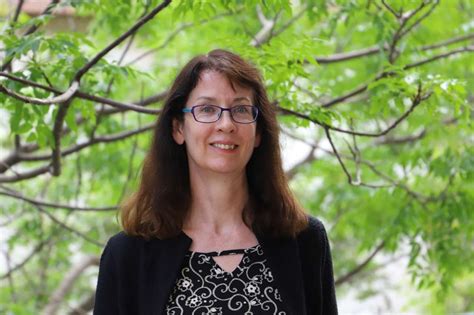A Quote by Henry Giroux
Since the 1970s, we have witnessed the forces of market fundamentalism strip education of its public values, critical content, and civic responsibilities as part of its broader goal of creating new subjects wedded to consumerism, risk-free relationships, and the destruction of the social state.
Related Quotes
The rise of casino capitalism and the punishing state with their vast apparatuses of real and symbolic violence must be also addressed as part of a broader historical and political attack on public values, civic literacy and economic justice. Crucial here is the need to engage how such an attack is aided and abetted by the emergence of a poisonous neoliberal public pedagogy that depoliticizes as much as it entertains and corrupts.
As a mode of public pedagogy, a state of permanent war needs willing subjects to abide by its values, ideology, and narratives of fear and violence. Such legitimation is largely provided through a market-driven culture addicted to the production of consumerism, militarism and organized violence, largely circulated through various registers of popular culture that extend from high fashion and Hollywood movies to the creation of violent video games and music concerts sponsored by the Pentagon.
The demise of higher education as a public good is also evident in light of the election of a number of right-wing politicians who are cutting funds for state universities and doing everything they can to turn them in training centers to fill the needs of corporations. This new and intense attack on both the social state and higher education completely undermines the public nature of what education is all about.
But we need more than a broader understanding of what is a good society or a moral and political critique of the existing market fundamentalism engulfing American society, we also need to create new forms of solidarity, new and broad based social movements that move beyond the isolated and fractured politics of the current historical moment.
Education as a democratic project always presupposes a vision of the future in its introduction to, preparation for, and legitimation of particular forms of social life. It is utopian in its goal of expanding and deepening the ideological and material conditions that make a democracy possible. As a moral and political practice, education produces the modes of literacy, critique, sense of social responsibility, and civic courage necessary to imbue young people with the knowledge and skills needed to enable them to be engaged critical citizens willing to fight for a sustainable and just society.
Education is character development, harmonious completion of human personality. But what the state accomplishes in this field is dull drill, extinction of natural feeling, narrowing of the spiritual field of vision, destruction of all the deeper elements of character in man. The state can train subjects...but it can never develop free men who take their affairs into their own hands; for independent thought is the greatest danger that it has to fear.
Health education emphasizing risks is a form of pedagogy, which, like other forms, serves to legitimize ideologies and social practices. Risk discourse in the public health sphere allows the state, as the owner of knowledge, to exert power of the bodies of its citizens. Risk discourse, therefore, especially when it emphasizes lifestyle risks, serves as an effective Foucauldian agent of surveillance and control that is difficult to challenge because of its manifest benevolent goal of maintaining standards of health. In doing so, it draws attention away from the structural causes of ill-health.



























